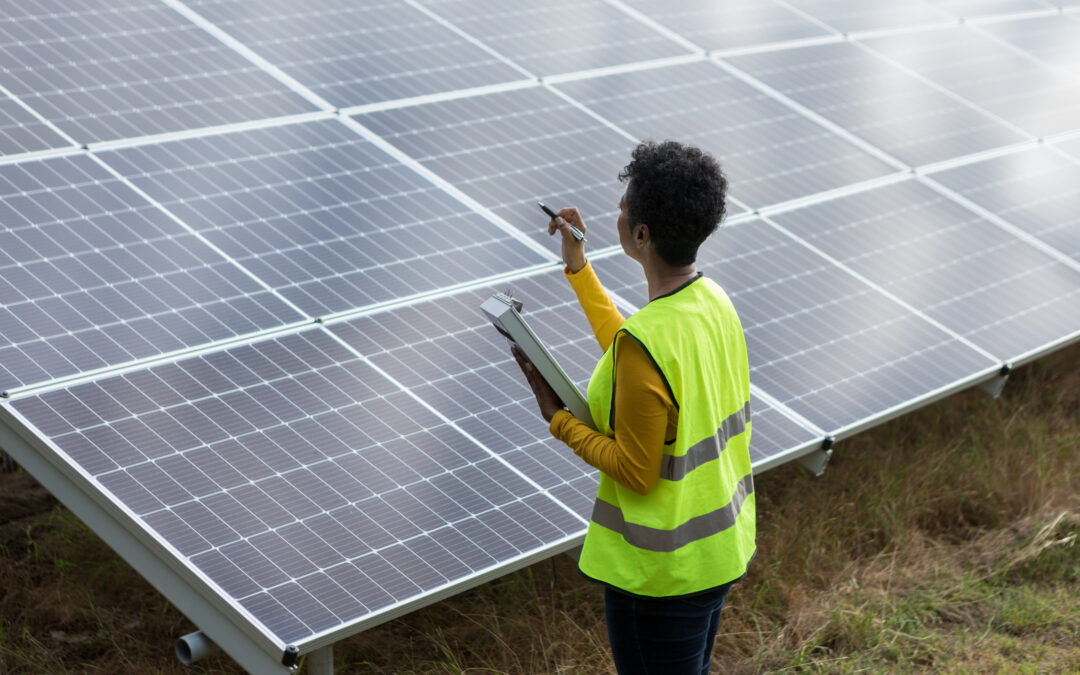
SESA Call for Entrepreneurs 2023 is officially launched!
Harnessing the scaling and replication potential of sustainable energy solutions in Africa: “2nd SESA Call for Entrepreneurs 2023” is open.
Munich, May 2, 2023 – Siemens Stiftung on behalf of the Smart Energy Solutions for Africa (SESA) consortium, invites local small and medium-sized enterprises (SMEs) from Namibia, Nigeria, Rwanda and Tanzania to apply for the “2nd SESA Call for Entrepreneurs 2023”. The call is looking for entrepreneurs with expertise in addressing the continent’s energy access challenges with a focus on rural and off-grid communities. Enterprises can apply for the call till 25 June 2023. Women-led businesses are particularly encouraged to apply.
The SESA project, funded by the European Commission is operative across nine African countries with local and international partners, testing and validating sustainable energy solutions and business models that are replicable and generate local opportunities for economic development.
This call focuses on selected technologies that have been tested by SESA partners and presents promising opportunities to scale up by local entrepreneurs in the four countries. Interested enterprises should be operational in domains such as solar irrigation technologies in rural communities, waste-to-energy solutions to improve clean cooking, and solar cold chain technologies for both peri-urban and rural communities among other related technical fields.
Applicants need to have been registered and operationally active in one of the four focus countries for at least three years with proof of revenue generation. Additionally, each country has a detailed list of eligible technology domains.The eligibility criteria and the call details can be found here.
Each selected enterprise will receive between €50,000 to €100,000 for the design, implementation, and evaluation of submitted replication projects via service agreements. After selection, they will have the opportunity to participate in the SESA Incubator Programme run by SESA partner Smart Innovation Norway (SIN). The programme includes mentorship, coaching, and access to networks of industry experts and potential investors.
“This call will enable private sector players in Africa, and Tanzania in particular, to address some of their current technical and financial challenges and reach out to thousands of smallholder farmers, small businesses and energydeprived communities in Africa with renewable energy solutions and in turn boost green jobs and rural economies,” explains Sisty Basil, Executive Director of ELICO Foundation and SESA partner in Tanzania.
The four selected companies of the first SESA call Econexus Ventures Limited, Nastech Power Solutions, Smart Energy Enterprise (SEE), and GREEN Solar Academy have completed the first SESA Incubator Programme and are actively engaged with SESA partners to test and validate sustainable energy solutions as well as promising business models in Ghana, Malawi, and South Africa, the focus countries of the first call.
“At SESA, we are committed to supporting entrepreneurs and innovators who are developing solutions that can transform the African energy landscape,” said Magdalena Sikorowska, SESA Project Coordinator, and ICLEI Europe representative. “Through SESA, we are building a community of innovators that can work together to solve some of Africa’s biggest energy access challenges.”
The call for entrepreneurs is open until 25 June 2023, and applications can be submitted here.
The SESA team will host a Question & Answer session on 17 May 2023. Interested companies can register for the virtual session here.
Smart Energy Solutions for Africa (SESA)
SESA is a collaborative project between the European Union and nine African countries (Kenya, Ghana, South Africa, Malawi, Morocco, Namibia, Tanzania, Rwanda, and Nigeria) that aims at providing energy access technologies and business models. Through several local living labs, it is expected to facilitate the co-development of scalable and replicable energy access innovations, to be tested, validated, and later replicated throughout the African continent. These solutions will include de-centralised renewables (solar photovoltaics), innovative energy storage systems including the use of second-life electric vehicle batteries, smart micro-grids, waste-to-energy systems (biomass to biogas), climate-proofing, resilience and adaptation, and rural internet access.
About Smart Innovation Norway (SIN)
Smart Innovation Norway is a non-profit research and innovation company, which works for the green shift and new sustainable jobs. We help companies and municipalities with applied research, innovation, and commercialization in sustainable energy, applied artificial intelligence, digital entrepreneurship, smart cities, and social and behavioural innovation. The company is among the foremost in Norway in EU research. SIN creates sustainable social and industrial development through internationally applied research and innovation with an emphasis on techno-economic models and analysis, business intelligence, prosumers, and user flexibility. SIN holds key competencies in relevant and applied R&D, entrepreneurship, intrapreneurship, and process development to cater for new businesses based on research results generated. SIN has long traditions of creating energy-related spin-offs around new products and technologies.
About Siemens Stiftung (SS)
As a non-profit foundation, Siemens Stiftung promotes sustainable social development, which is crucially dependent on access to basic services, high quality education, and an understanding of culture. To this effect, the Foundation’s project work supports people in taking the initiative to responsibly address current challenges. Together with partners, Siemens Stiftung develops and implements solutions and programs to support this effort, with technological and social innovation playing a central role. The actions of Siemens Stiftung are impact-oriented and conducted in a transparent manner. The geographical focus of its work is on regions in Africa and Latin America as well as Germany and other European countries.






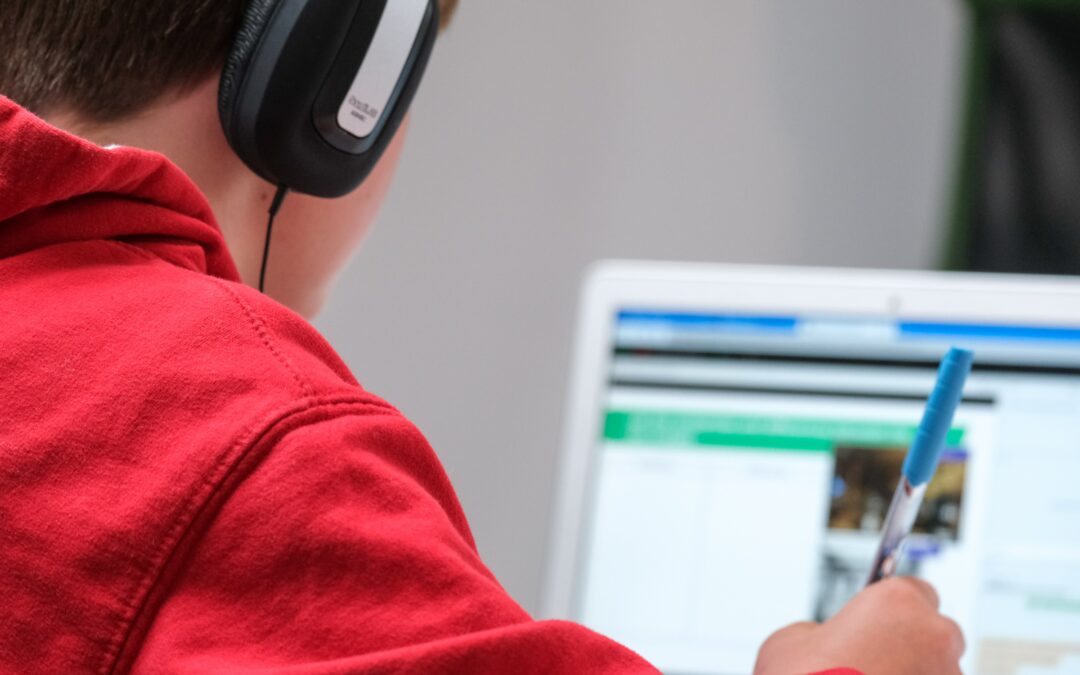
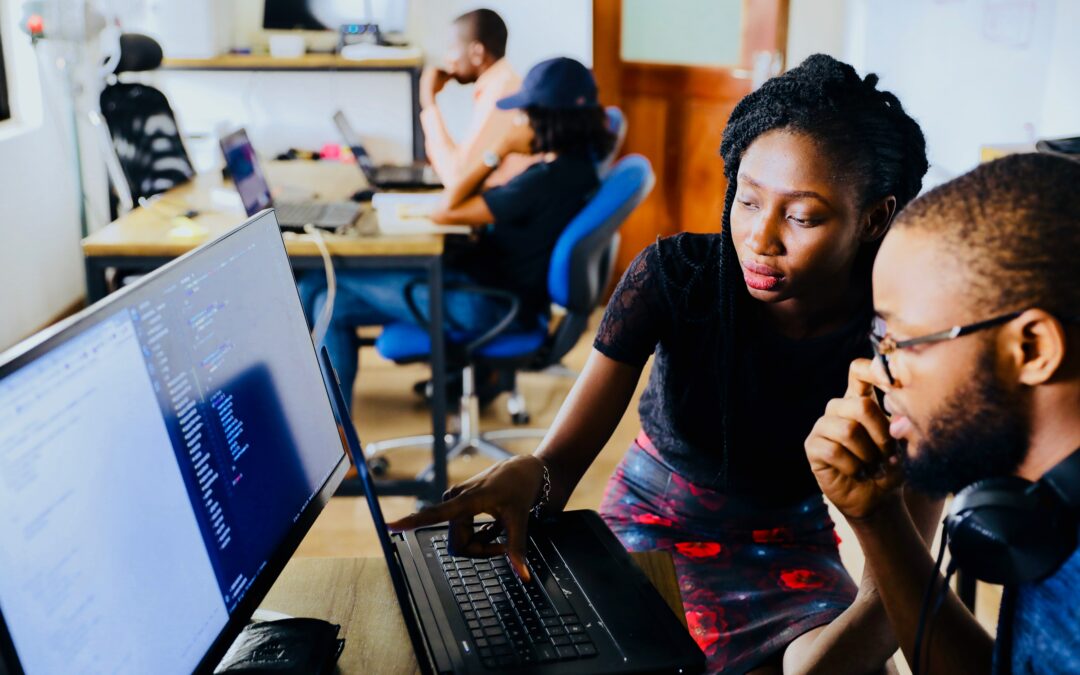
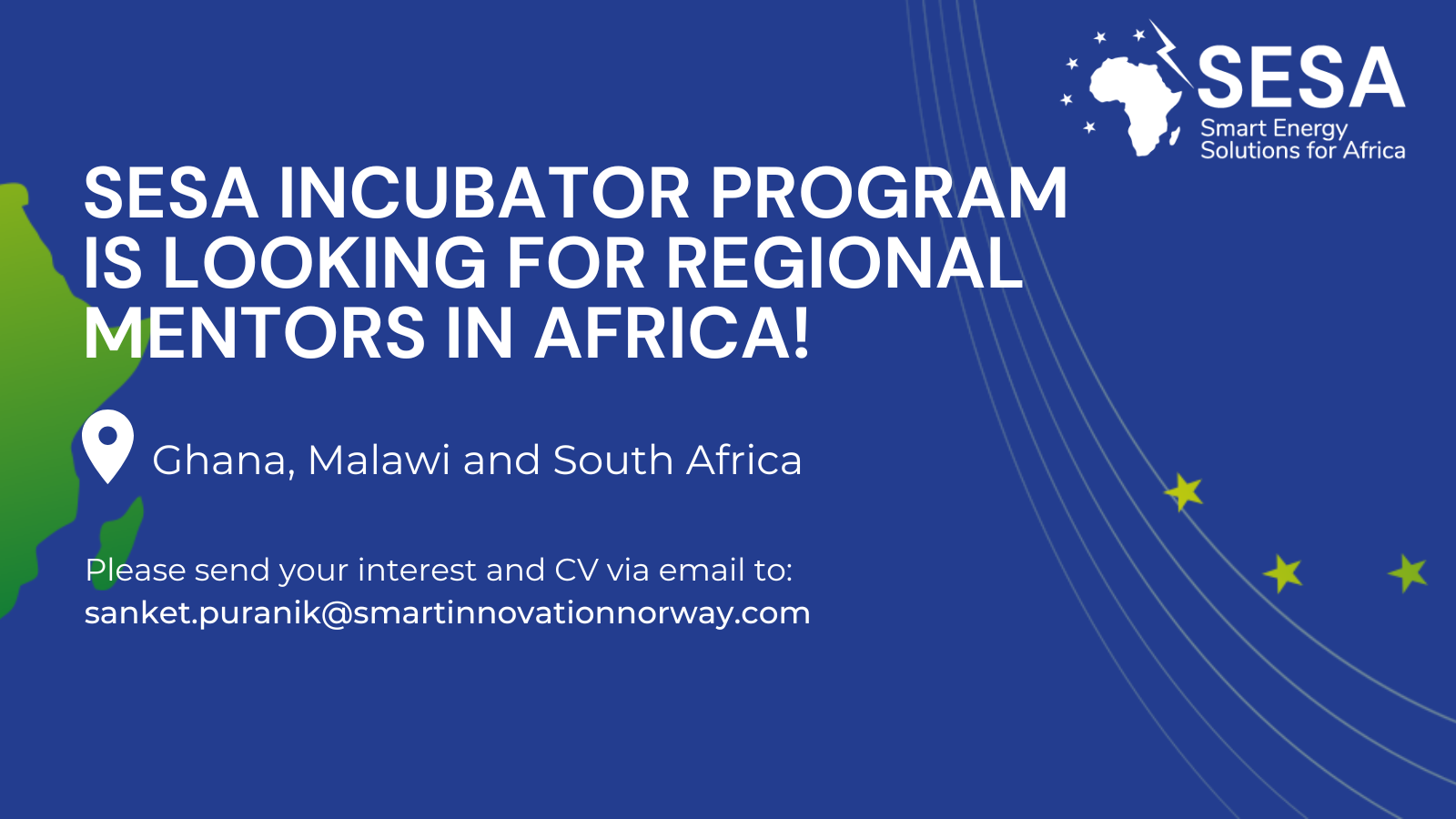

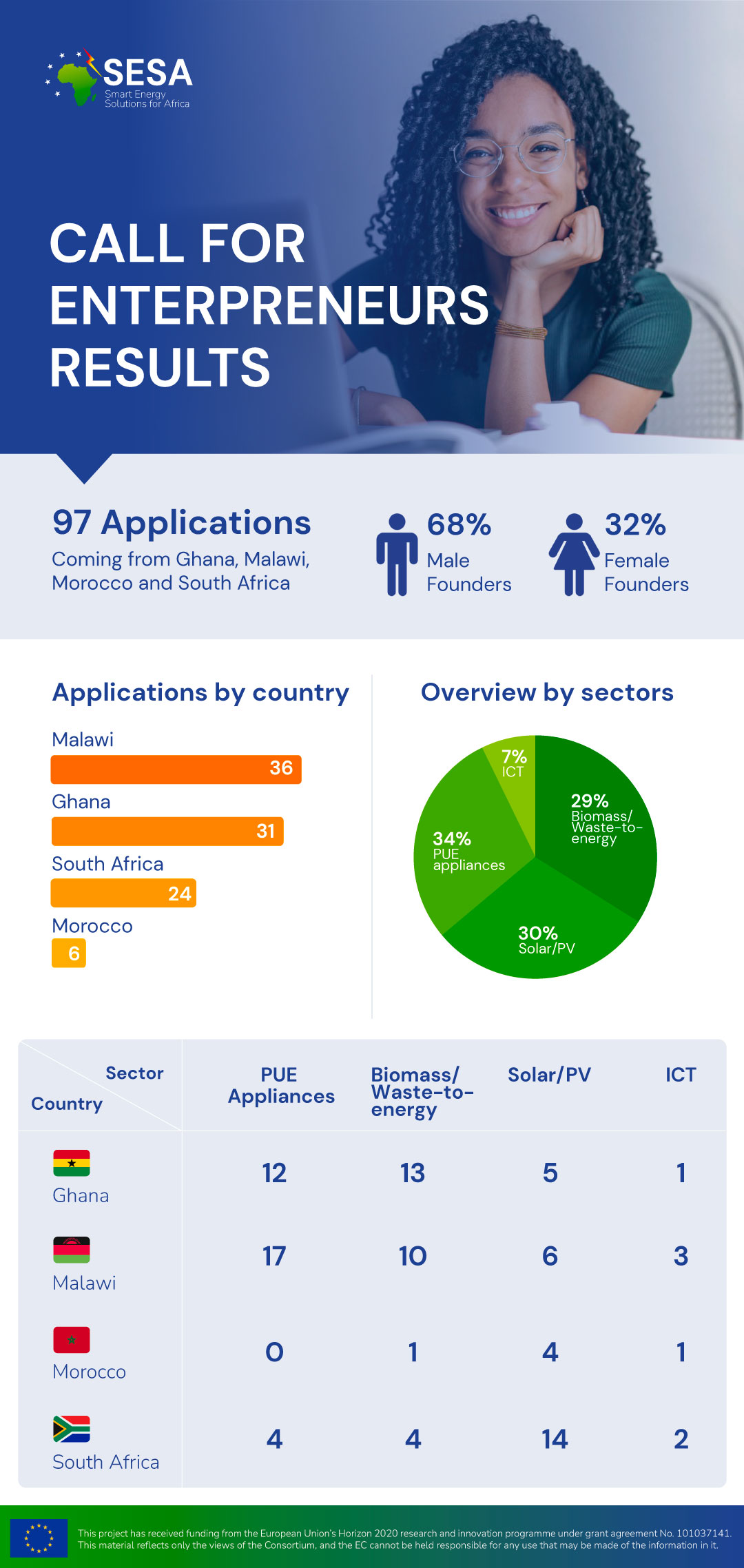
Recent Comments